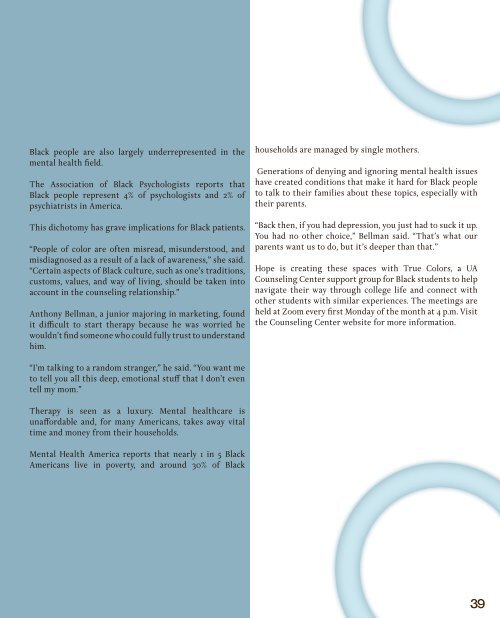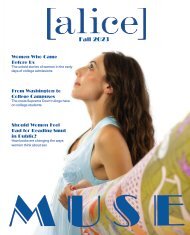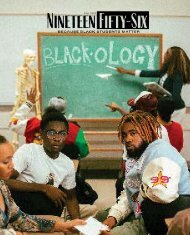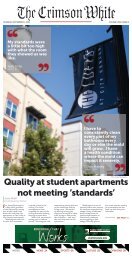Nineteen Fifty-Six Vol.4 Issue 2
Our latest magazine issue, Rooted, delves into the complexities surrounding the black family and the stigmas that often accompany conversations about it. From generational trauma to stereotypes perpetuated by the media, we examine the challenges faced by black families and the resilience and strength that bind them together. However, Rooted also celebrates the beauty and richness of black family life and culture, showcasing the love, unity, and traditions that make these families truly unique. Join us as we explore the multifaceted narratives of the black family and honor their history and heritage.
Our latest magazine issue, Rooted, delves into the complexities surrounding the black family and the stigmas that often accompany conversations about it. From generational trauma to stereotypes perpetuated by the media, we examine the challenges faced by black families and the resilience and strength that bind them together. However, Rooted also celebrates the beauty and richness of black family life and culture, showcasing the love, unity, and traditions that make these families truly unique. Join us as we explore the multifaceted narratives of the black family and honor their history and heritage.
You also want an ePaper? Increase the reach of your titles
YUMPU automatically turns print PDFs into web optimized ePapers that Google loves.
Black people are also largely underrepresented in the<br />
mental health field.<br />
The Association of Black Psychologists reports that<br />
Black people represent 4% of psychologists and 2% of<br />
psychiatrists in America.<br />
This dichotomy has grave implications for Black patients.<br />
“People of color are often misread, misunderstood, and<br />
misdiagnosed as a result of a lack of awareness,” she said.<br />
“Certain aspects of Black culture, such as one’s traditions,<br />
customs, values, and way of living, should be taken into<br />
account in the counseling relationship.”<br />
Anthony Bellman, a junior majoring in marketing, found<br />
it difficult to start therapy because he was worried he<br />
wouldn’t find someone who could fully trust to understand<br />
him.<br />
households are managed by single mothers.<br />
Generations of denying and ignoring mental health issues<br />
have created conditions that make it hard for Black people<br />
to talk to their families about these topics, especially with<br />
their parents.<br />
“Back then, if you had depression, you just had to suck it up.<br />
You had no other choice,” Bellman said. “That’s what our<br />
parents want us to do, but it’s deeper than that.”<br />
Hope is creating these spaces with True Colors, a UA<br />
Counseling Center support group for Black students to help<br />
navigate their way through college life and connect with<br />
other students with similar experiences. The meetings are<br />
held at Zoom every first Monday of the month at 4 p.m. Visit<br />
the Counseling Center website for more information.<br />
“I’m talking to a random stranger,” he said. “You want me<br />
to tell you all this deep, emotional stuff that I don’t even<br />
tell my mom.”<br />
Therapy is seen as a luxury. Mental healthcare is<br />
unaffordable and, for many Americans, takes away vital<br />
time and money from their households.<br />
Mental Health America reports that nearly 1 in 5 Black<br />
Americans live in poverty, and around 30% of Black<br />
39
















